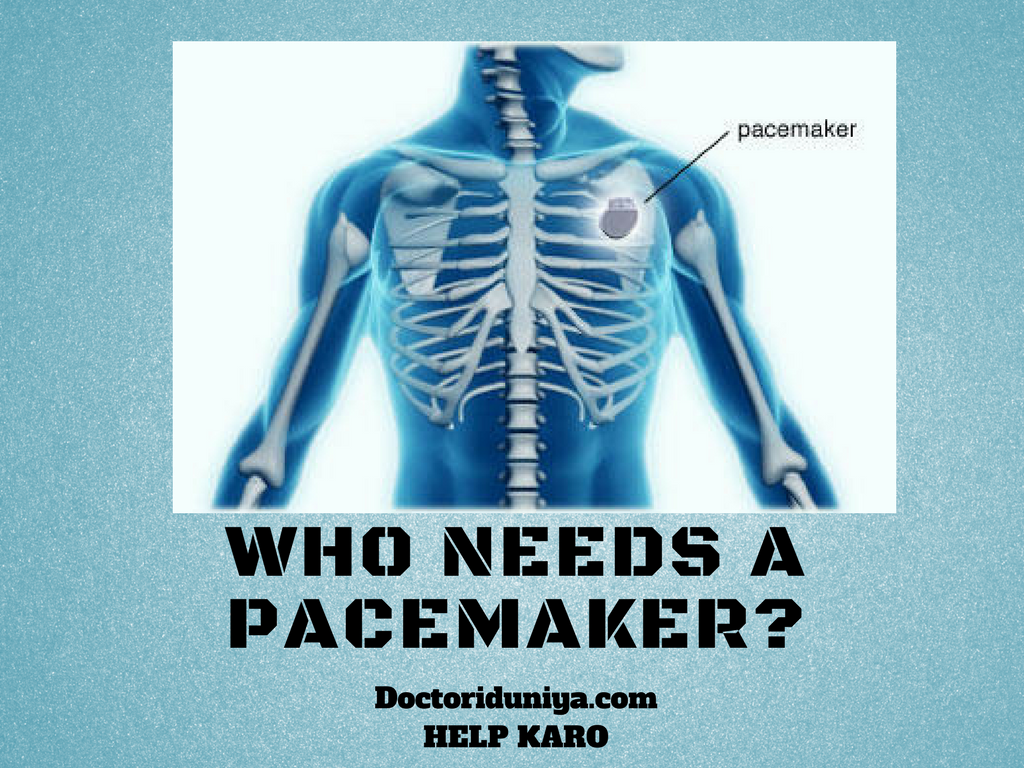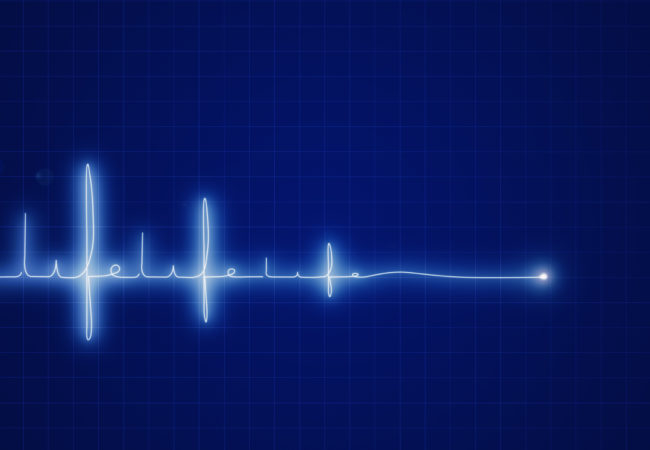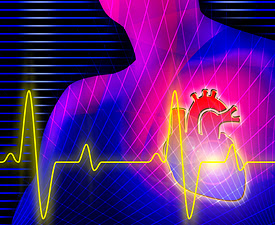Who needs a Pacemaker?

Heart disease has become one of the most common causes of the death these days. After few decades number of deaths from the heart diseases has increased at a rapid pace.Days are not so far when cardiovascular diseases will be number 1 cause of death. Heart diseases are sometimes silent and become more deadly if not diagnosed and treated on time. Among many heart diseases, bradycardia (slow heart rate) is a disease that requires immediate treatment.Bradycardia hampers the heart's electrical system causing your heart to beat too slowly, you will probably need to have a pacemaker. Let's know more about the bradycardia and pacemaker.
Bradycardia is a condition in which your heart beats very slowly compared to normal.
Normal heart rate ranges from 60 to 100 a minute. People having bradycardia have a persistent heart rate below 60.

Causes of bradycardia-
Bradycardia can be caused by:
• Aging.
• Coronary artery disease, heart attack, and infections.
• Hypothyroidism
• Electrolyte imbalance
• Some medicines for the treatment of heart problems.
Diagnosis of bradycardia-
1. Your doctor may take your pulse to diagnose bradycardia.
2. Electrocardiogram (EKG or ECG).
3. Blood tests
Treatment-
Its treatment depends on the causes and the symptoms.
1. You will need to have a pacemaker if it damages to the heart’s electrical system.
2. The aim of treatment is to increase your heart rate so your body receives the blood it needs.
PERMANENT PACEMAKER
1. A permanent pacemaker is a small, battery-operated device usually implanted in a patient’s body when the heart beats too slowly.
2. A pacemaker is made up of the battery, computer circuit, and wires
3. A pacemaker lead may be placed in the upper or lower chamber of your heart or in both places.
4. Pacemakers send small electrical impulses and signals to the heart and make your heart beat at the correct pace.
5. Pacemakers weigh up to 28 grams.
6. The pacemaker implant process is performed at the hospital.

These are the two common problems that cause a slow heartbeat -
1. Sinus node disease
2. Heart block.
When the heart beats too slowly, body and brain do not get enough oxygen. Symptoms may be-
• Dizziness
• Tiredness
• Fainting
• Shortness of breath
• Chest Pain
Please contact your doctor immediately if you experience any of the following issues:
• Increasing swelling and/or redness over the site.
• Purulent discharge (often white in color) from wound
• Severe pain
• Fever
Risks.
You must be aware of potential risks.
• Collapsed Lung
• Bleeding/bruising
• Infection
• Damage to heart and/or blood vessels
• Lead dislodgement
• Blood clots in vein
Comments
Post a Comment